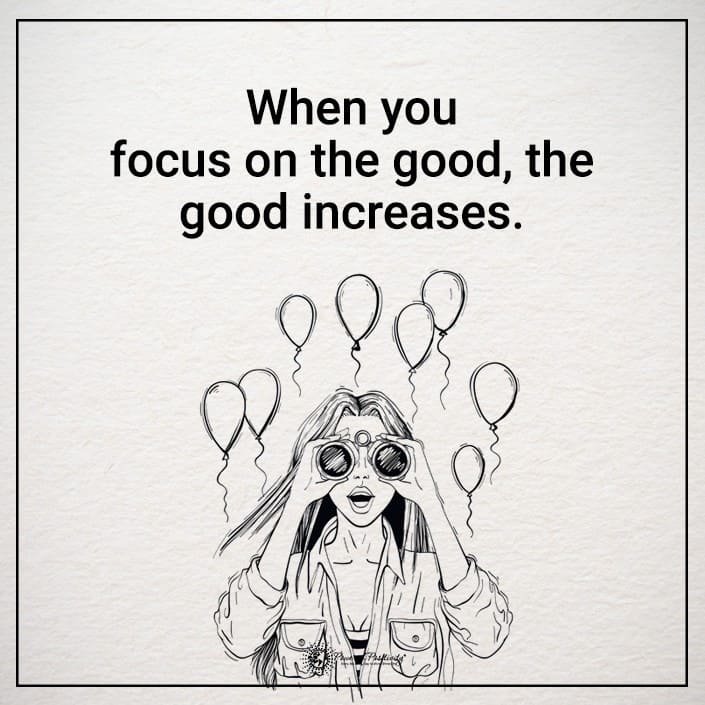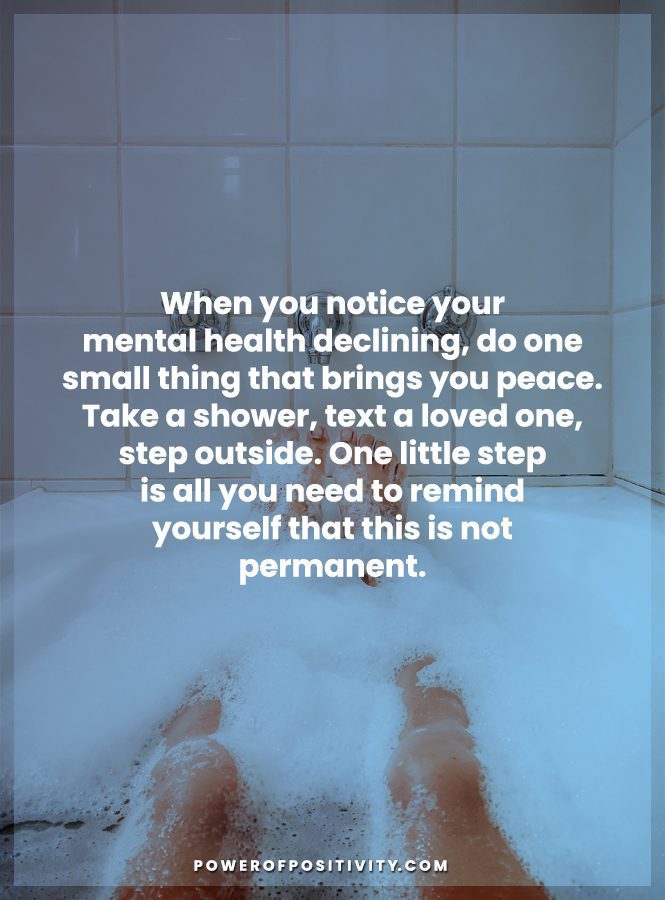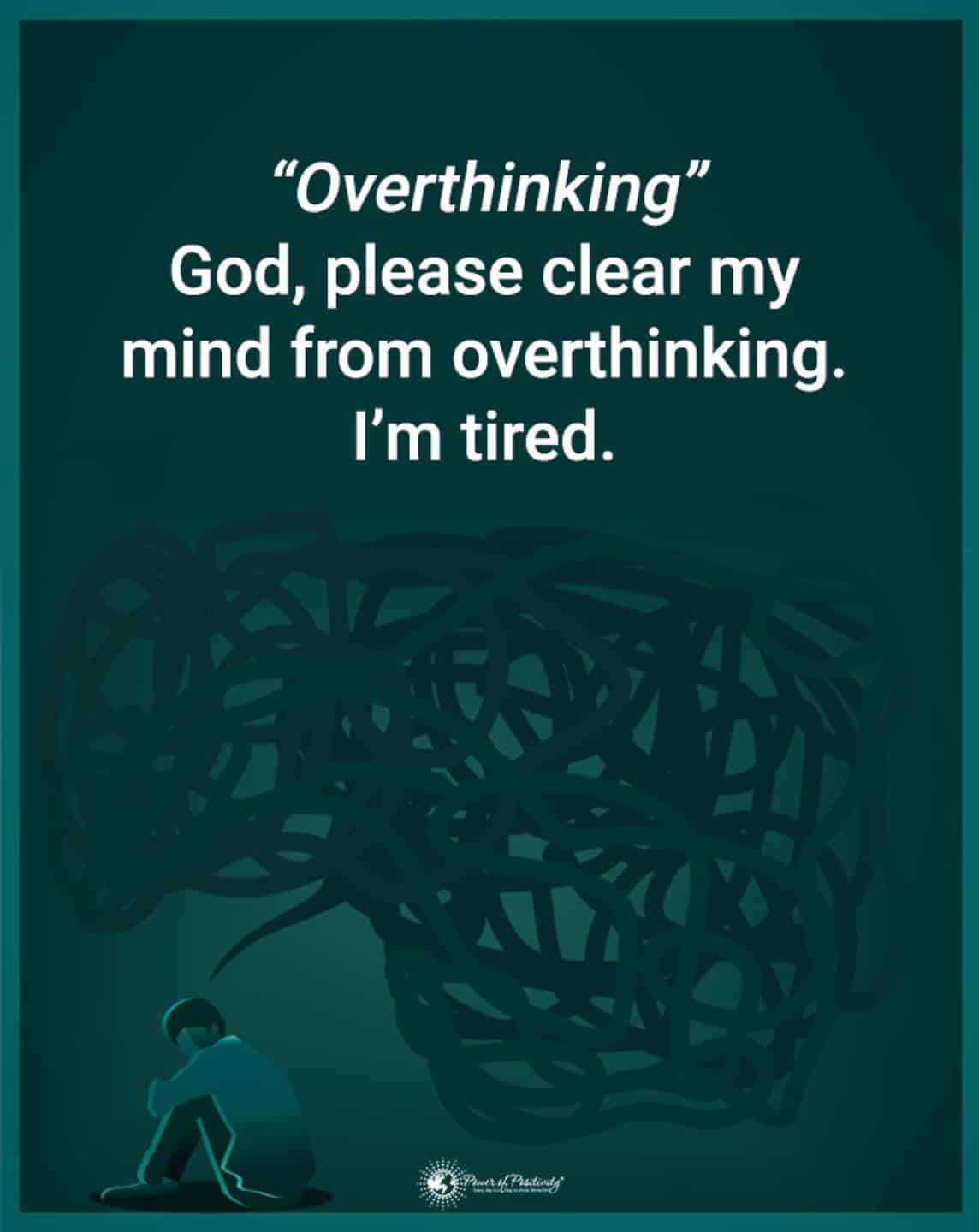Your self-talk contributes to your wisdom and strength, helping you grow and learn while feeding your mind with positive words. Taking time each day to repeat positive affirmations can help you find the mindset you need to move forward.
Positive affirmations improve your thought process, relationships, and overall well-being. They can give you the strength and wisdom to stay on track and achieve your goals. These phrases can also help you let go of negative energy and focus on the good.
Using affirmations to focus on positive energy gives you a chance to choose a life path that brings fulfillment. It also helps you stop thinking about how things could have been if you made different choices. These affirmations of wisdom and strength help you find what it takes to move forward and improve your life and well-being.
Twenty Positive Affirmations of Wisdom and Strength

1 – I focus on my health and well-being.
You can’t grow if you don’t feel good about yourself. Having health issues or maintaining a negative mindset can affect what happens in your life. You might miss opportunities or goals when you’re struggling mentally or physically.
This affirmation can help you prioritize your health and well-being, allowing you to embrace your strength and wisdom. It gives you a focused and clear mindset as you work toward your goals and find fulfillment.
2 – I am always learning.
No one is perfect, and this affirmation reminds you of that. It prevents you from feeling bad when you make a mistake or don’t get something as accurate as you’d hoped. Since you learn from every mistake, trying again until you get things right is beneficial.
Constant learning helps you grow, making you feel stronger and wiser. You constantly improve, and setbacks can help you get closer to success.
3 – I take the lead, even when it’s not easy.
This affirmation helps you stay true to your values. You won’t be afraid to take the lead when something should change. It gives you the courage to stand up and pave the way, even when there’s resistance.
This affirmation embraces wisdom and strength because you know what should occur and go for it. You don’t sit by and let things continue on a stagnant course.
4 – I care for myself, so I know everything will be okay.
You can trust that everything will work out when you make good life choices. Think things through and consider what the best option is each time.
As your life changes, your decisions and priorities may also change. You may have to rethink what it means to take care of yourself when aspects of your life change. Taking care of yourself shows wisdom and strength and allows you to maintain hope without relying on anyone else.
5 – I control my sense of peace.
No matter what anyone else does, you can control your mindset. Finding peace involves looking within and releasing negativity. Choosing positivity allows you to choose which emotional path you want to take.
This affirmation can help you choose the peaceful path more often than the destructive one. You control your peace and don’t have to let anyone else disrupt it.
6 – I focus on being kind and fair.
When you experience adversity, it’s easy to want to be unkind and unfair. You might want to lash out and make others feel bad like you, but it won’t improve the situation. Instead, focus on being kind works in your favor because it makes you feel better and can remedy the experience.
7 – I look for the positives in every situation.
When you see the good in everything, it helps you find strength in hard times. You’ll gain wisdom by watching for the beauty or benefit surrounding an event. Using this affirmation encourages you to remember that good can come from anything.
Finding the positive aspects also helps you find the wisdom to keep moving forward. As you progress, you’ll build strength to grow. It’s a cycle that continues as long as you keep looking for the good around you.
8 – I am breaking unhealthy habits and building stronger ones.
Some of your habits might hold you back on your journey. When you take the time to acknowledge them, you can release them and build better habits instead. Your wisdom in shifting these aspects of your life can help you build strength to continue improving.
Additionally, swapping your unhealthy habits for better ones allows you to live up to your potential. You can do your best when you feel good, helping you reach your goals.
9 – I become a better person with everything that happens.
Whether you experience good or bad outcomes, you become a better person. You might not succeed in what you do the first time, but you get closer to achieving your dreams.
You either learn from what happened or find success in it. Plus, positive affirmations help you develop new skills along the way and form relationships that change your life. No matter what occurs, you’re growing.
10 – I try again when things don’t work in my favor.
Things don’t always go as planned, and it can be discouraging. However, you can find strength and courage in trying again each time you fail.
You can learn from each mistake and make a change in your next attempt. When you continue doing this, you’ll notice that you get close to success each time.

11 – I am letting go of self-doubt.
When you release your negative feelings and learn to believe in yourself, you’ll experience an improvement in your life. Self-doubt can hold you back from reaching your potential, while this affirmation can help you push forward. Use this affirmation to embrace who you are and trust that you can make things happen.
12 – I learn and grow daily.
You’re sure to build wisdom and strength with continual learning and growth. You’ll realize what you’re capable of, encouraging you to keep moving. This affirmation reminds you to pay attention to the details, allowing you to grow and learn with each action.
13 – I choose happiness, joy, and love.
One of the wisest things you can do is feel positive emotions. You control how you feel and gain strength from choosing positivity. It helps you view the world better and gives a positive outlook on what you can achieve.
14 – I welcome the challenges of each day.
Some days it might seem like the challenges don’t stop coming your way. On other days, you might experience no setbacks, giving you an easy or relaxed day.
However, on the days you can’t avoid challenges, this affirmation can help take them on. Repeat the phrase each morning as you get ready to prepare for anything that happens.
15 – I will focus on positive thinking.
Sometimes you might focus too much on temporary painful thoughts. It can trigger a destructive thinking cycle, where you become consumed by these things. Focusing on a positive thinking cycle helps you build strength and wisdom as you learn the improvements it can make.
A positive thinking cycle involves shifting away from negative thinking and refocusing on the good. You can repeat this affirmation to help you make a habit of positive thinking cycles.
16 – I release anything that doesn’t feel good.
You are whole as you are, and this affirmation reminds you that you don’t need anything in your life that triggers negative feelings. When specific things make you feel bad, cutting them out can help you find the strength to move forward.
17 – I am powerful and worthy.
Telling yourself that you’re powerful and worthy will help you feel it within. It can give you the strength and wisdom it takes to overcome or achieve anything. You deserve good things and are powerful enough to make them happen.
18 – I am okay right now, and things are only improving.
Life isn’t always easy, but this affirmation can give you a boost of positivity. Despite your issues, you improve each day and learn how to do better. This phrase can give you the courage to keep pushing forward to improve your life.
19 – I celebrate others when they experience success.
Feeling anger, jealousy, or envy toward someone when they achieve a goal doesn’t help you move forward. Instead, it triggers negative feelings that hold you back. It makes you think about someone else’s successes instead of your journey, hindering your sense of wisdom and strength.
20 – I control what I focus on and release the rest.
You can’t control everything, and focusing on things you can’t change won’t help you grow. Instead, release the things you can’t control and use your time and energy to focus on the rest.

Final Thoughts on Positive Affirmations of Wisdom and Strength
Using affirmations can help you find wisdom and strength in everything you do. You can improve your life situation and embrace everything you experience.
Reminding yourself of how strong and wise you are can help you make the best decisions. You’ll know that you can do anything, giving you the courage to lead your best life.


















